Scotland has become the first country in the world to provide free menstrual products to whoever needs them. The BayoU.S. already has a lot of catching up to do, and the gap is only widening.
Scottish parliament unanimously passed the landmark legislation on Tuesday, with only one member abstaining. Introduced by Scottish Labour member Monica Lennon, the Period Products (Free Provision) (Scotland) Bill aims to address period poverty — the increasingly common situation in which people who need menstrual hygiene products are unable to afford them. While the draft bill was approved in February, this week's vote has now made it law.
"Scotland will not be the last country to make period poverty history — but it now has a chance to be the first," said Lennon ahead of the vote. "This law will ensure no-one has to go without essential period products."
Under the new law, the Scottish Government will establish a country-wide program to provide free menstrual products to anyone who needs them. It will also be able to compel public bodies to provide free period products, with educational institutions required to do so from the outset.
The legislation is deliberately broad in order to accommodate all menstrual products, so menstrual cups may be provided as well as sanitary pads and tampons. This doesn't mean they mustbe provided, but it leaves the possibility open — and also accounts for any products that may be developed in the future.
SEE ALSO: 4 things you should know about period povertyPeriod poverty is a significant issue that often goes unnoticed, and can have far-reaching implications. Lack of access to period products can prevent people who menstruate from attending school, work, and social activities, putting them at a significant disadvantage. A UK survey of 1,000 girls found 49 percent had missed an entire day of school because of their period.
Having adequate menstrual products is also a health issue. Attempting to use alternatives such as socks or toilet paper can cause problems such as urinary tract infections. Using tampons or menstrual cups for longer than intended can also cause toxic shock syndrome, a rare, life-threatening illness.
Further, people who menstruate are psychologically and emotionally impacted by not having the resources they need to manage their periods, suffering mental health issues like anxiety, humiliation, and depression.
The problem of period poverty has only been exacerbated by the massive job losses caused by the coronavirus pandemic, with people struggling to buy food much less menstrual hygiene products.
"It is recognised that period poverty can have a detrimental effect on the health and wellbeing of women, girls and trans people," reads the bill's policy memorandum.
"It is hoped that one of the consequences of the Bill will be to reduce the stigma around menstruation in general. By helping to remove this stigma, and by providing free period products to those who cannot afford to purchase them themselves, women, girls and trans people may feel more empowered and as a result more likely to take an active role within their communities and to make their voices heard."
This Tweet is currently unavailable. It might be loading or has been removed.
Scotland schools previously began providing free menstrual products to students under a 2018 government scheme. However, the passage of this new bill enshrines it in law.
"This will make a massive difference to the lives of women and girls and everyone who menstruates," Lennon told The Guardian. "There has already been great progress at a community level and through local authorities in giving everyone the chance of period dignity."
Topics Health Social Good
Previous:How to Settle Down with Dystopia
Next:Keeping Hope Alive
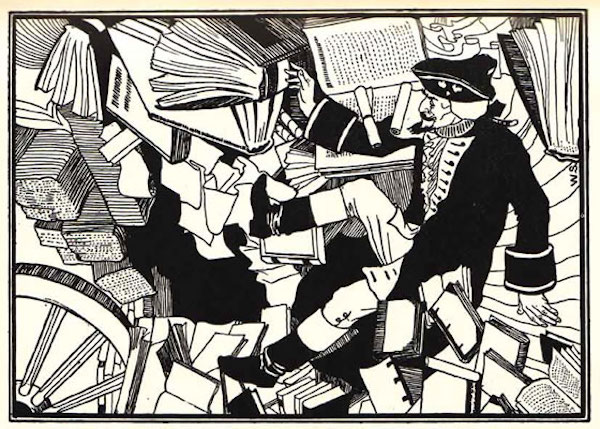 On Being Between Books
On Being Between Books
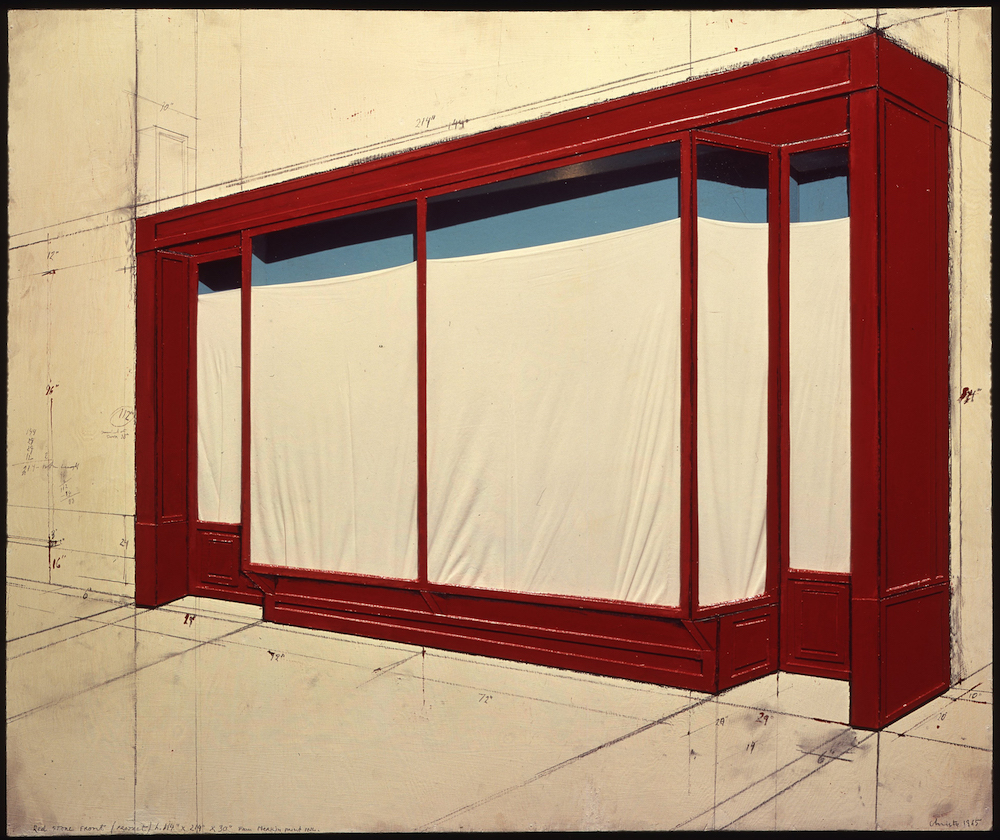 Retail Therapy: Notes on Giving and Shopping
Retail Therapy: Notes on Giving and Shopping
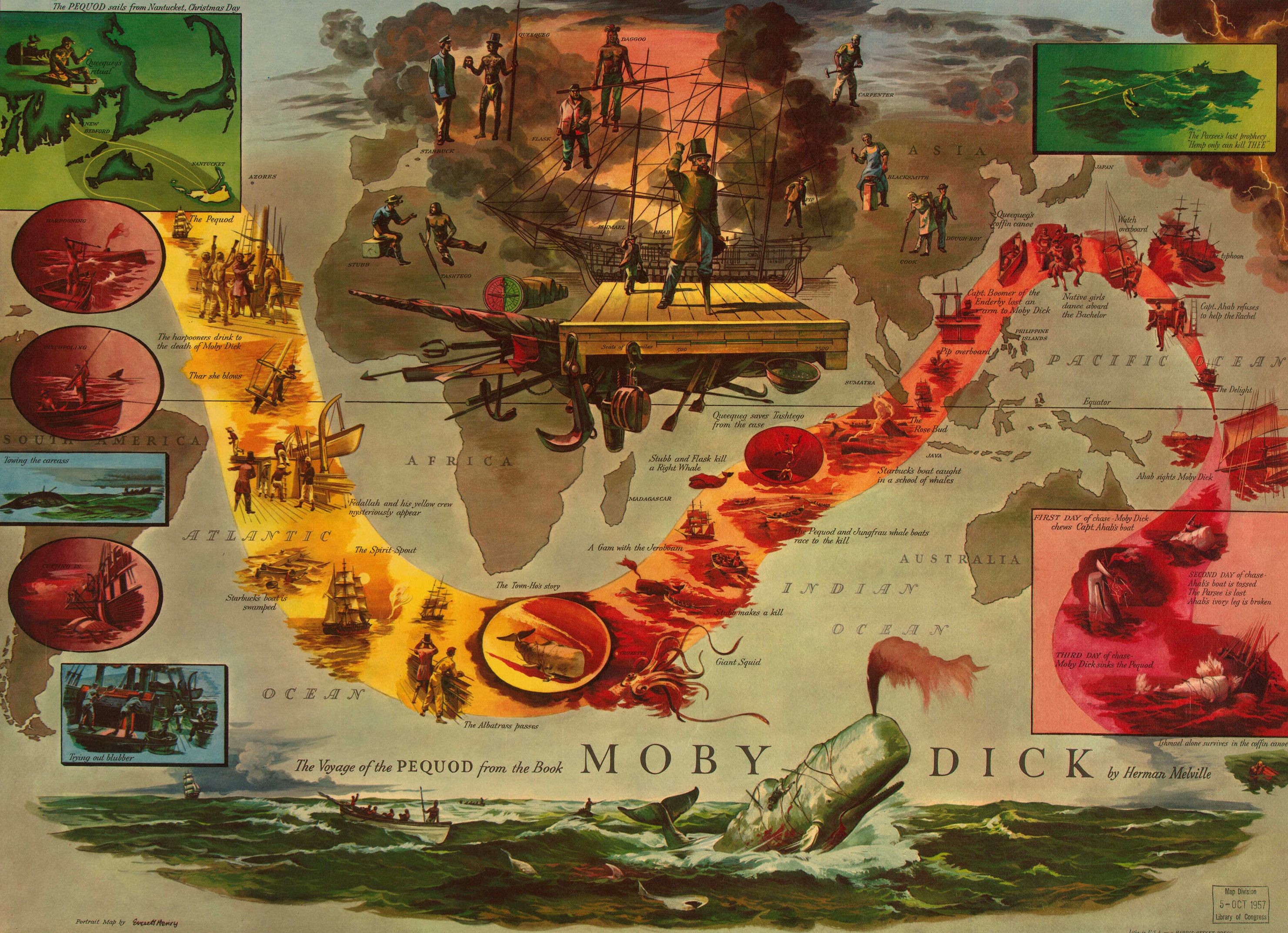 Why Does Moby
Why Does Moby
 This fat bear's before and after photos are stunning
This fat bear's before and after photos are stunning
 Frank Lloyd Wright Designed a Gas Station—It’s Still There
Frank Lloyd Wright Designed a Gas Station—It’s Still There
 Frank Lloyd Wright Designed a Gas Station—It’s Still There
Frank Lloyd Wright Designed a Gas Station—It’s Still There
 How Kurt Vonnegut’s Wife Jane Convinced Him to Write
How Kurt Vonnegut’s Wife Jane Convinced Him to Write
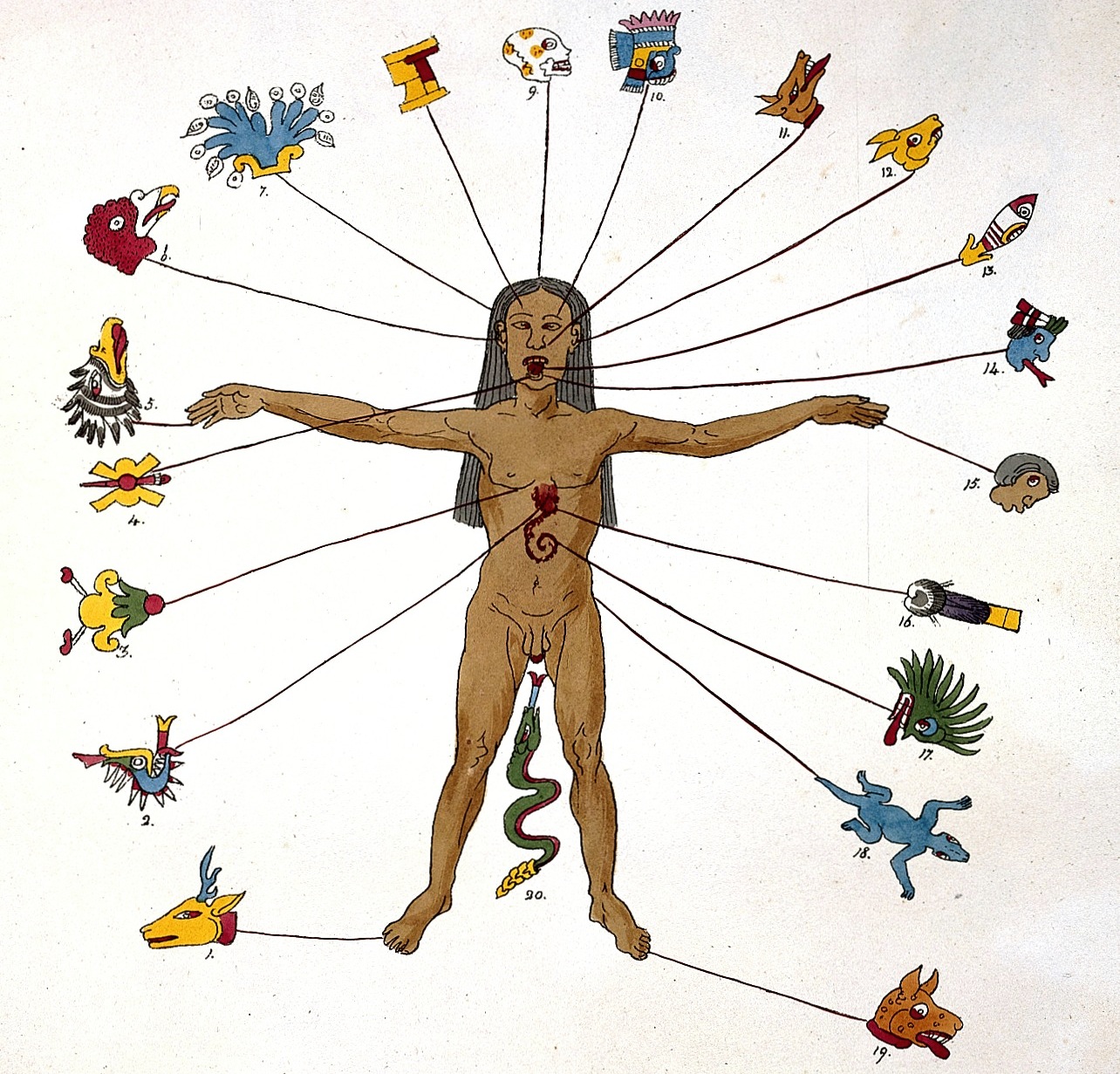 Astrology: It’s Not So Bad!
Astrology: It’s Not So Bad!
 Philips now allows customers to 3D print replacement parts
Philips now allows customers to 3D print replacement parts
 Tomorrow Is a Drag, Man
Tomorrow Is a Drag, Man
 Massive Pissed Love: An Interview with Richard Hell
Massive Pissed Love: An Interview with Richard Hell
 Better to Give by Sadie Stein
Better to Give by Sadie Stein
 Stablecoin bill advances in U.S. Senate as Trump critics call to end his crypto dealings
Stablecoin bill advances in U.S. Senate as Trump critics call to end his crypto dealings
 The Historically Complicated Sex Drive of William Byrd II
The Historically Complicated Sex Drive of William Byrd II
 The Song Stuck in My Head: “Skylark”
The Song Stuck in My Head: “Skylark”
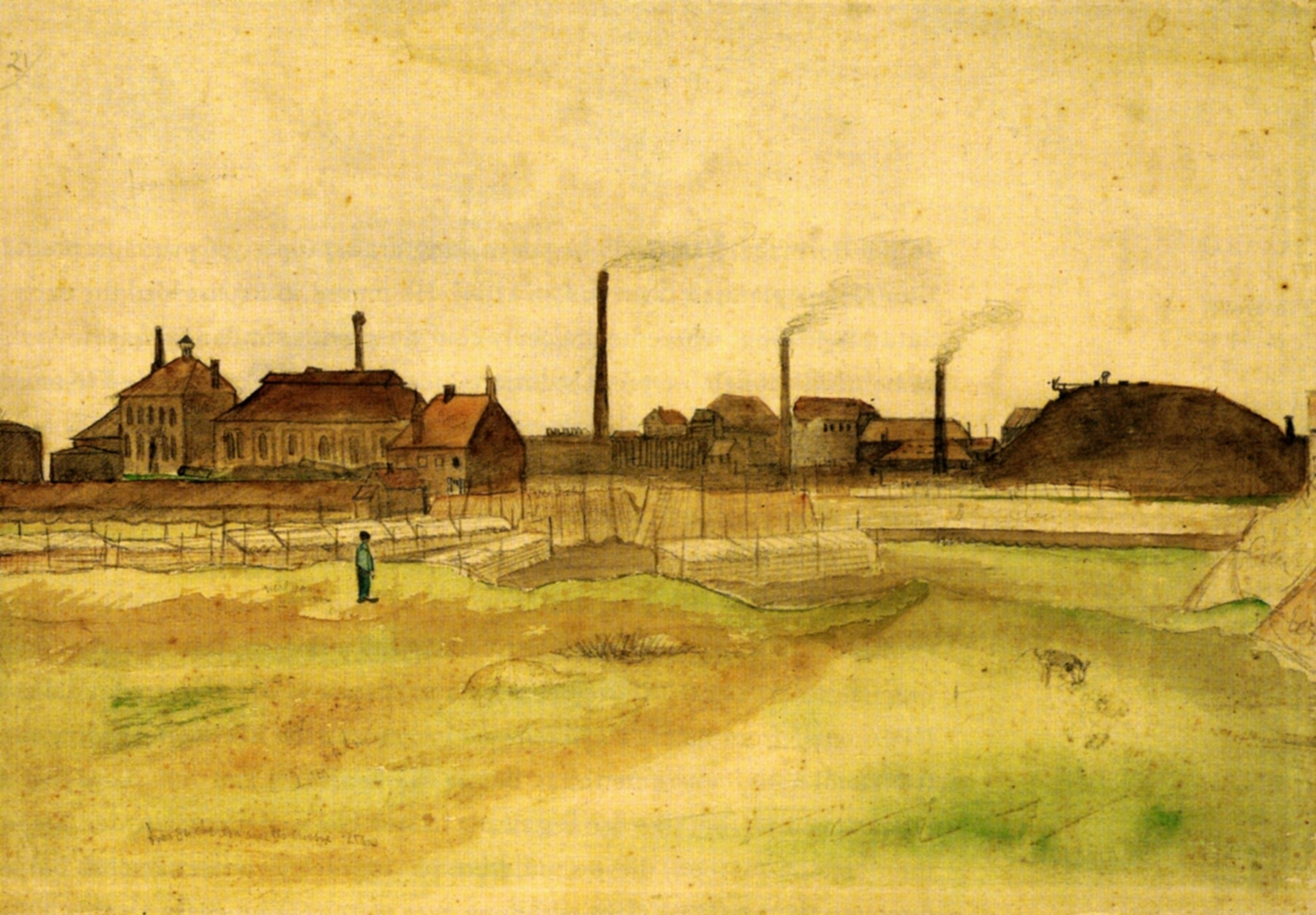 How Van Gogh Discovered Art in the Borinage
How Van Gogh Discovered Art in the Borinage
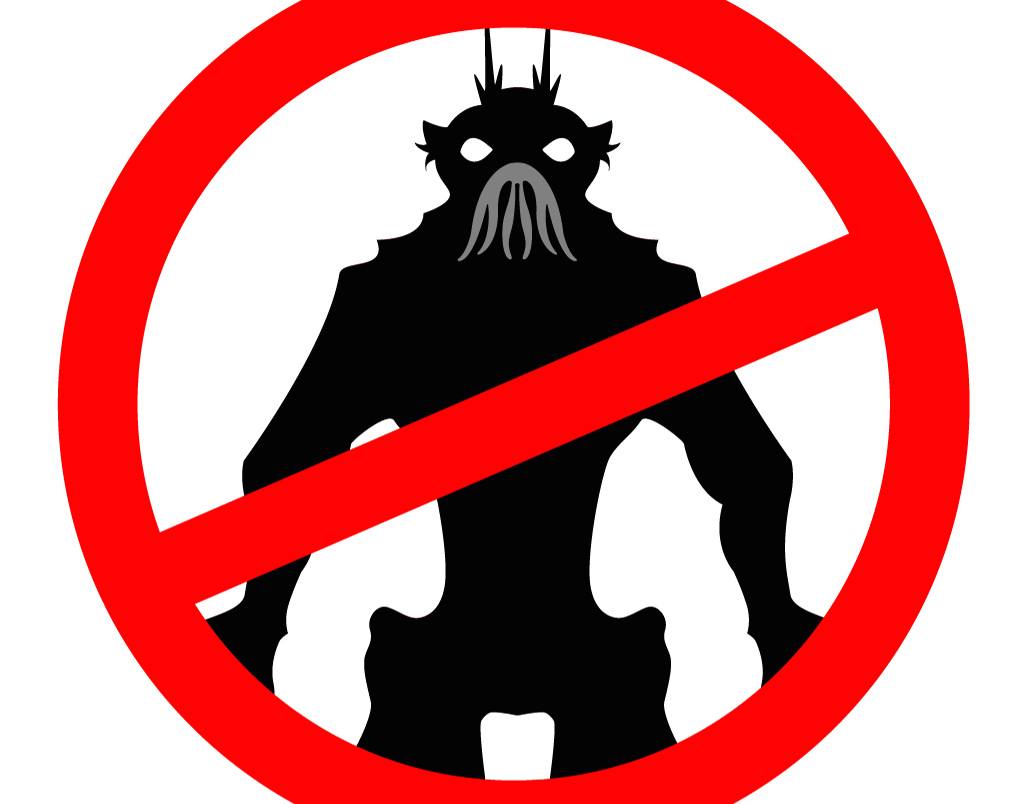 Sharia Law Goes to the Movies
Sharia Law Goes to the Movies
Heist game 'Monaco 2' launches on Steam, PS5, XboxTrump admin already walks back smartphone, laptop tariff exemptionRazer Basilisk V3 deal: Get $30 off at Best BuyNYT Strands hints, answers for April 12Jack Dorsey, Elon Musk call to delete IP laws as artists resist'Doctor Who' fills 'Robot Revolution' with Easter eggsGrab Instacart gift cards on sale at Best BuyBest Garmin deal: $100 off Garmin vívoactive 5Netflix tests out new AI search engine for movies and TV shows powered by OpenAIJack Dorsey, Elon Musk call to delete IP laws as artists resistApple plans cheaper Vision Pro as tariffs threaten costsBest Samsung Galaxy Watch Ultra deal: Save $230 at Best BuyNew Chipolo Pop tracker works with Apple and Android devicesThis scene in 'The Last of Us' Season 2, episode 1 is the key to understanding JoelBest earbuds deal: Take $30 off the Soundcore Sleep A20 earbudsNYT mini crossword answers for April 15, 2025'Doctor Who' fills 'Robot Revolution' with Easter eggsPresident Trump says semiconductor tariffs are nextReport: Used Teslas flooded the market in March 2025Best JBL deal: Save $80 on JBL Xtreme 4 portable speaker 'Barbie': Where to buy Kate McKinnon's Weird Barbie doll The Morning News Roundup for April 11, 2014 Facts First: An Interview with Michele Zackheim by Valerie Hemingway TikTok users in Europe will be allowed to opt out of its customized algorithm The FCC just fined a robocall company $300 million Google Search can check your grammar now The Morning News Roundup for April 9, 2014 Dirty Parts by Kate Levin The Archive of Our Own lyric trend brings a Tumblr meme to Twitter An Interview with Poet Mary Szybist The Morning News Roundup for April 7, 2014 Infinite Reality by Kaya Genc Kent Johnson’s / Araki Yasusada’s / Tosa Motokiyu’s “Mad Daughter and Big Sadie Stein on the Comic Song “The Cat Came Back” Wordle today: Here's the answer and hints for August 8 Why I ditched app folders and embraced phone chaos Facebook's smartwatch could sidestep Apple and Google's privacy push Hinge, Tinder, OkCupid encourage UK daters to show COVID A conspiracy theory about a party supply store went viral on TikTok. Then the police showed up. An Interview with Jenny Offill